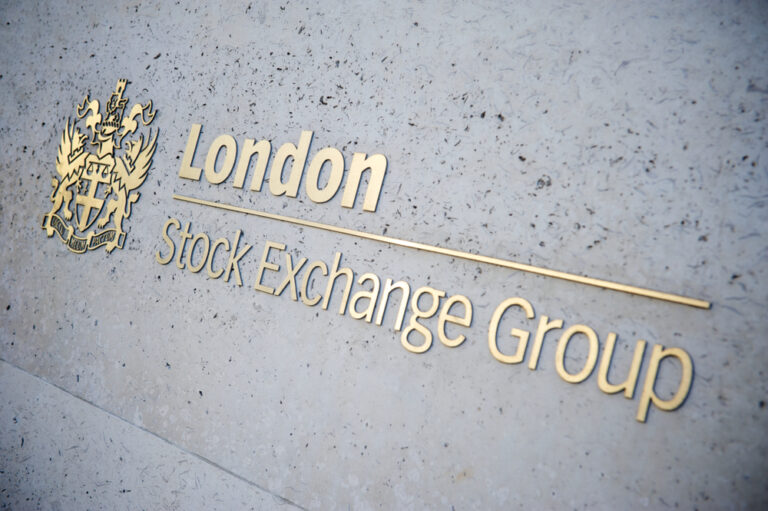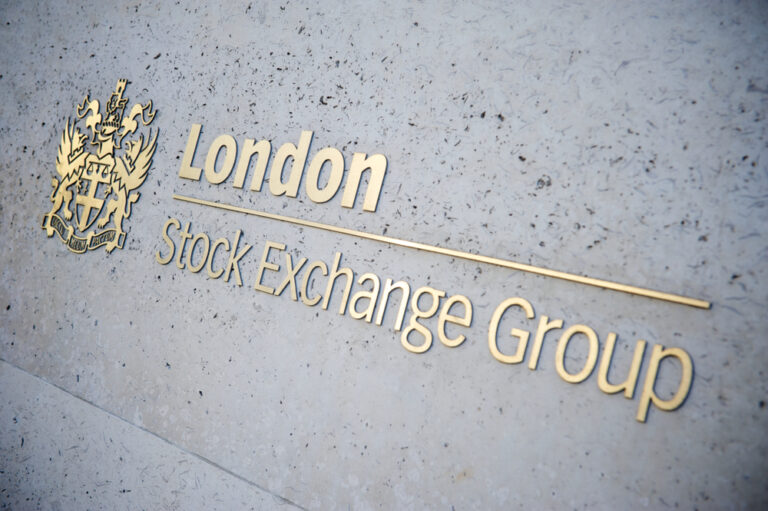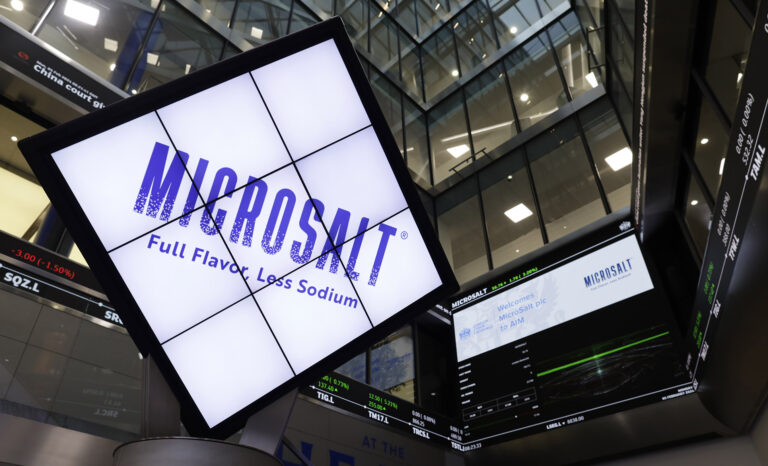The FTSE 100 surged on Friday to touch a fresh record intraday high and was on course for an all-time record closing high as investors shrugged off US PPI data released yesterday.
London’s leading index soared above 9,200 in early trading as investors ignored a flat session in the US overnight, where investors picked through a measure of inflation that threw cold water on the notion that a September interest rate cut was nailed on.
Enthusiasm for US equities was curtailed yesterday by a jump in US Producer Price Index (PPI) figures, a measure of inflation focused on the price of goods and services sold on a wholesale level, which can be an indicator of future consumer inflation.
However, the absence of any major market fallout in the US despite rising risks of stagflation boosted market sentiment in Europe on Friday.
“A bigger than expected jump in the cost of goods and services hints that the impact of all those tariffs is only just beginning to be felt in the US economy, and with the labour market showing signs of distress the whisper of ‘stagflation’ is becoming more audible,” says AJ Bell head of financial analysis Danni Hewson.
According to UK and European stocks, the risk of slowing growth and hints of rising inflation are nothing to worry about.
The FTSE 100 was 0.2% higher at the time of writing, while the German DAX rose 0.4%.
“The sun is shining on UK and European markets this morning, which are on track for a bright end to a positive week for major indices. Absent any major local earnings releases or economic news, UK and European markets are mirroring positive sentiment seen across the pond, as investors have largely shrugged off yesterday’s hotter-than-expected US producer inflation print (PPI),” explained Matt Britzman, senior equity analyst, Hargreaves Lansdown.
The risk-on feel to markets was underscored by a rally in the FTSE 100’s cyclical sectors. It was no surprise to see miners Antofagasta, Glencore and Anglo American in the top risers and leading the index to fresh highs.
Poor Chinese economic data released overnight increased the chances of additional stimulus, and the miners reacted accordingly.
UK housebuilders were having a good session as the sector built a base after mixed reactions to earnings from Persimmon and Bellway recently. There may also be a hint of interest rate hopes in the rise.











